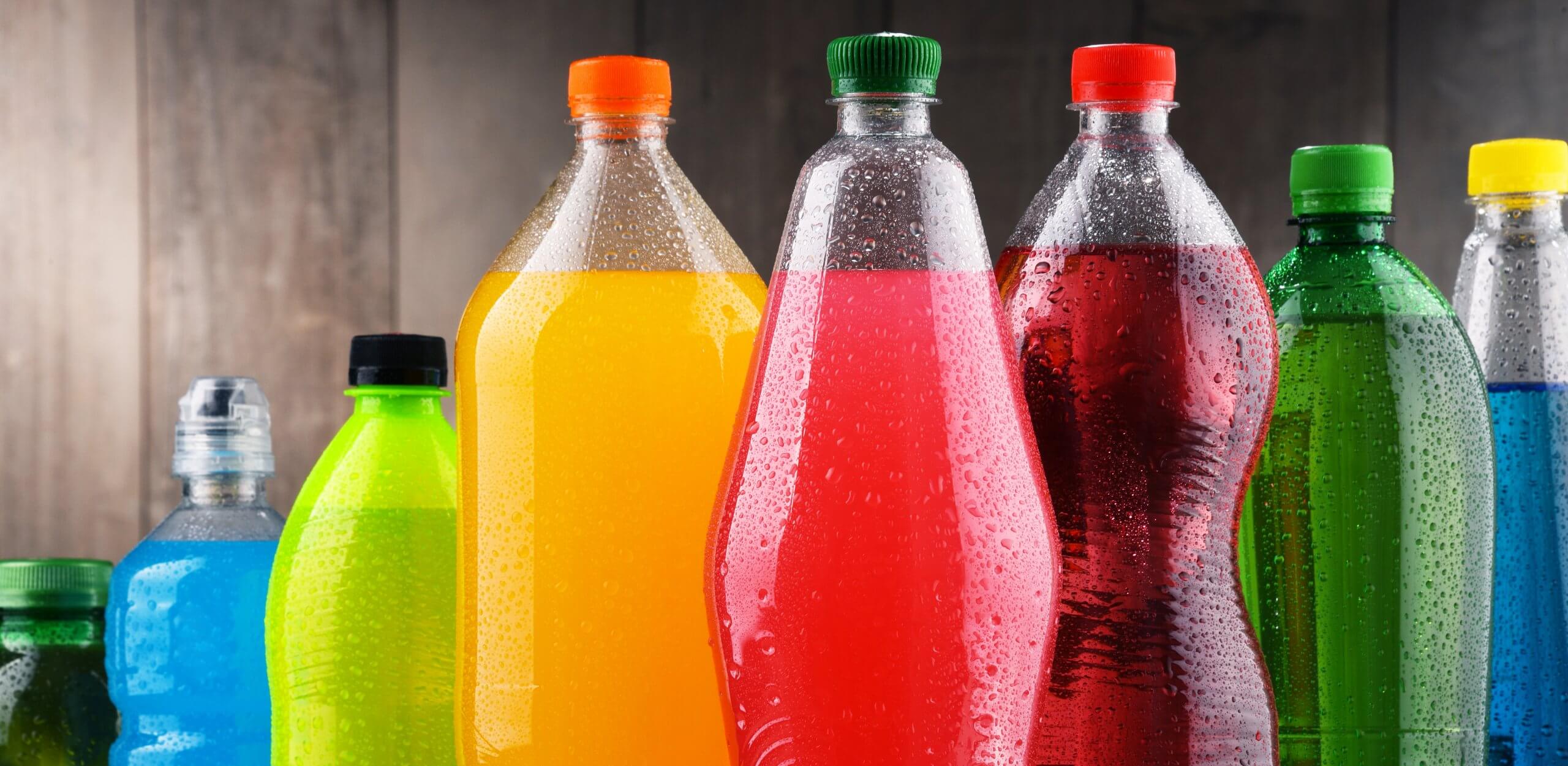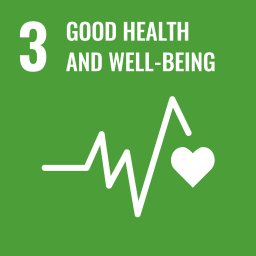The action and its aims
San Francisco issued an ordinance (99-15) amending its administrative code to bar city officers and departments from purchasing sugar-sweetened beverages using city funds, and to prevent their sale or distribution under contracts or grants. The ordinance was part of a suite of measures (some of which were not passed or were successfully challenged) that aimed to reduce sugar-sweetened beverage consumption and contribute to better public health outcomes.
When it was introduced
The ordinance was issued in 2015.
Why it was needed
It was considered necessary in light of the increasing consumption of sugar-sweetened beverages over the last 40 years, with dramatic effects on overall sugar intake and rates of obesity, type-2 diabetes, and tooth decay. It is estimated that over 6 million adults, 2 million adolescents, and 2 million children in California consume at least one such beverage each day, with the highest consumption in black and Latino communities.
Who initiated it, who is involved
The ordinance was one of several proposals made by the multi-agency San Francisco Health Improvement Partnership (SFHIP) and multi-disciplinary coalition Shape Up SF (SUSF) to reduce consumption of sugar-sweetened beverages. It was unanimously approved by the Youth Commission, recommended by the Land Use and Transportation Committee, adopted by the San Francisco Board of Supervisors, and signed by the Mayor.
Impacts to date
No impact data were found in the public domain.
More information: Similar actions have been introduced in Boston (USA), where the 2011 Healthy Beverage Executive Order prohibits sale of sugar-sweetened beverages on city property, and in the Murrumbidgee region (Australia), where an interim directive passed in 2016 banned the sale of drinks containing added sugar in health facilities.



